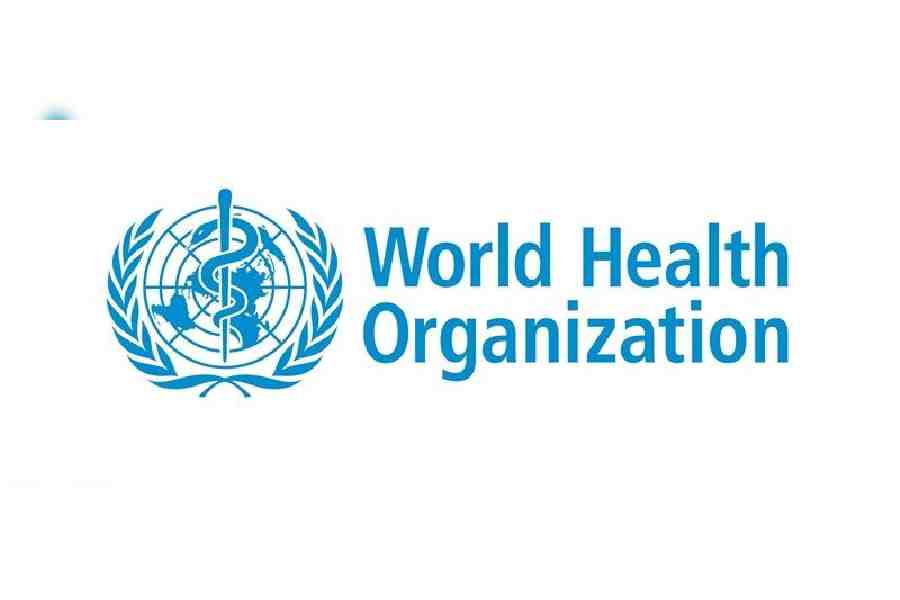Intense overcrowding, deteriorating hygiene and lack of access to water, sanitation and healthcare are putting Gaza’s two million residents at risk of a rapid spread of infectious diseases, the World Health Organisation has warned, saying it had already seen an increase in illnesses.
Diarrhoea, chickenpox, scabies and upper respiratory infections are rampant in a “very concerning” emergence of disease, the group said on Wednesday, adding that younger children and immunocompromised people were at particular risk.
Since mid-October, more than 33,500 cases of diarrhoea have been reported, more than half of them among children younger than 5, the group
said.
Before the war, there were on average 2,000 monthly cases of diarrhoea among children of that age, according to the organisation.
The risk of uncontrolled disease outbreaks compounds the calamitous humanitarian situation in Gaza, where thousands have been killed, according to Gazan health officials, and aid agencies warn that 1.5 million people are homeless and many are living with acute shortages of food and water one month into the war.
In recent weeks, nearly 9,000 cases of scabies and lice, more than 12,600 cases of skin rash and nearly 55,000 cases of upper respiratory infections have proliferated in densely packed Gaza, where hundreds of thousands of displaced people have crammed into United Nations-run shelters, the WHO said.
With fuel and medicine running dry, Gaza’s healthcare system is collapsing. Doctors are being forced to stretch paltry resources to treat the sick and injured and make impossible choices on who lives and who dies.
The lack of fuel has led to water treatment plants shutting down andall solid waste collection being halted, creating conditions primed for the spread of infectious diseases, health officials say.
The United Nations office on humanitarian affairs said that by Thursday, all of the Gaza Strip’s 120 municipal water wells were expected to shut down as fuel is depleted. Water entering through the border with Egypt on aid convoys is only 4 per cent of what is needed, the office said in its daily update.
Shelters run by UNRWA, the UN agency that aids Palestinian refugees, are so overcrowded that an average of 160 people are sharing a toilet and there is one shower for every 700 people, according to the United Nations.
. New York Times News Service











